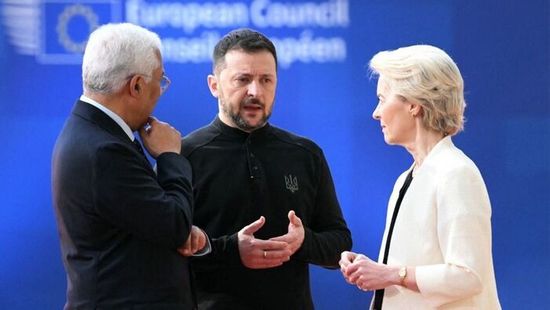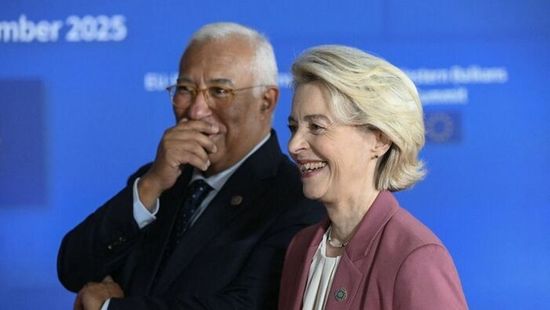From the very outset, the Tisza Party has struggled with serious personnel issues, as it remains a one-man party in public perception, and despite Peter Magyar’s previous promises, it has yet to recruit weighty and credible politicians. This is evidenced not only by previous failed attempts at political recruitment (Budapest Municipal Assembly, EP candidate list) but also by the individuals presented at Peter Magyar’s "year-in-review" event earlier this year: alongside a gender activist, they could only showcase a disgraced soldier and a former president of the Hungarian Olympic Committee—who has since disappeared entirely from the party’s events, Bank Levente Boros, director of political analysis at Nezopont Institute, told Magyar Nemzet when asked about the Tisza Party's organizational crisis.

As is known, following the resignation of Dezso Farkas, coordinator of the Tisza Party, at least 15 Tisza Island groups have already indicated to the party leadership that they will follow suit. Sources say the cause of this organizational crisis can be attributed to Peter Magyar's abrasive style. According to Daniel Deak, the politician has even offended individuals who previously supported the party financially.
The Tisza Party Struggles with Recruitment
Bank Levente Boros believes that the departure of Dezso Farkas underscores the failure of Peter Magyar's party-building efforts in an organizational sense, as the nationwide (!) coordinator of the Tisza Islands—the party’s de facto basic units—has left the Tisza Party. Overall, all signs suggest, according to the analyst, that
Peter Magyar has difficulties both in recruiting visible, frontline politicians and in managing the party’s operation.
"The departure of Dezso Farkas will certainly cause some disruption in organizational matters. However, given that this is the Tisza Party we are talking about, there is also a possibility that more unpleasant information concerning Peter Magyar could soon come to light."
It is worth keeping our ears open,
said Janos Zila. According to the analyst at the Center of Fundamental Rights, both politicians (Farkas and Magyar) share the characteristic of being so intoxicated by their own influence that their interests have evidently never extended beyond their personal political careers.























Szóljon hozzá!
Jelenleg csak a hozzászólások egy kis részét látja. Hozzászóláshoz és a további kommentek megtekintéséhez lépjen be, vagy regisztráljon!